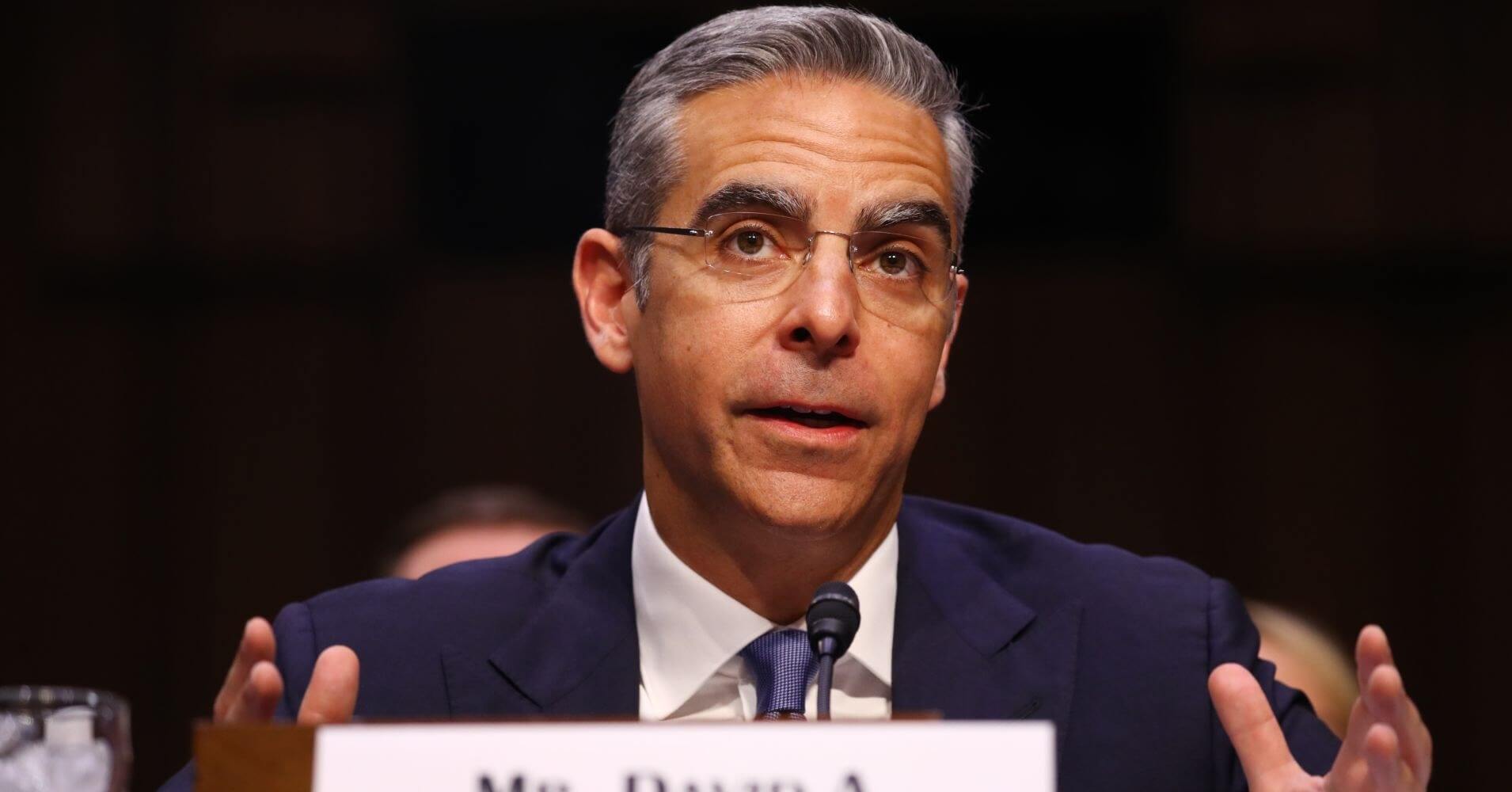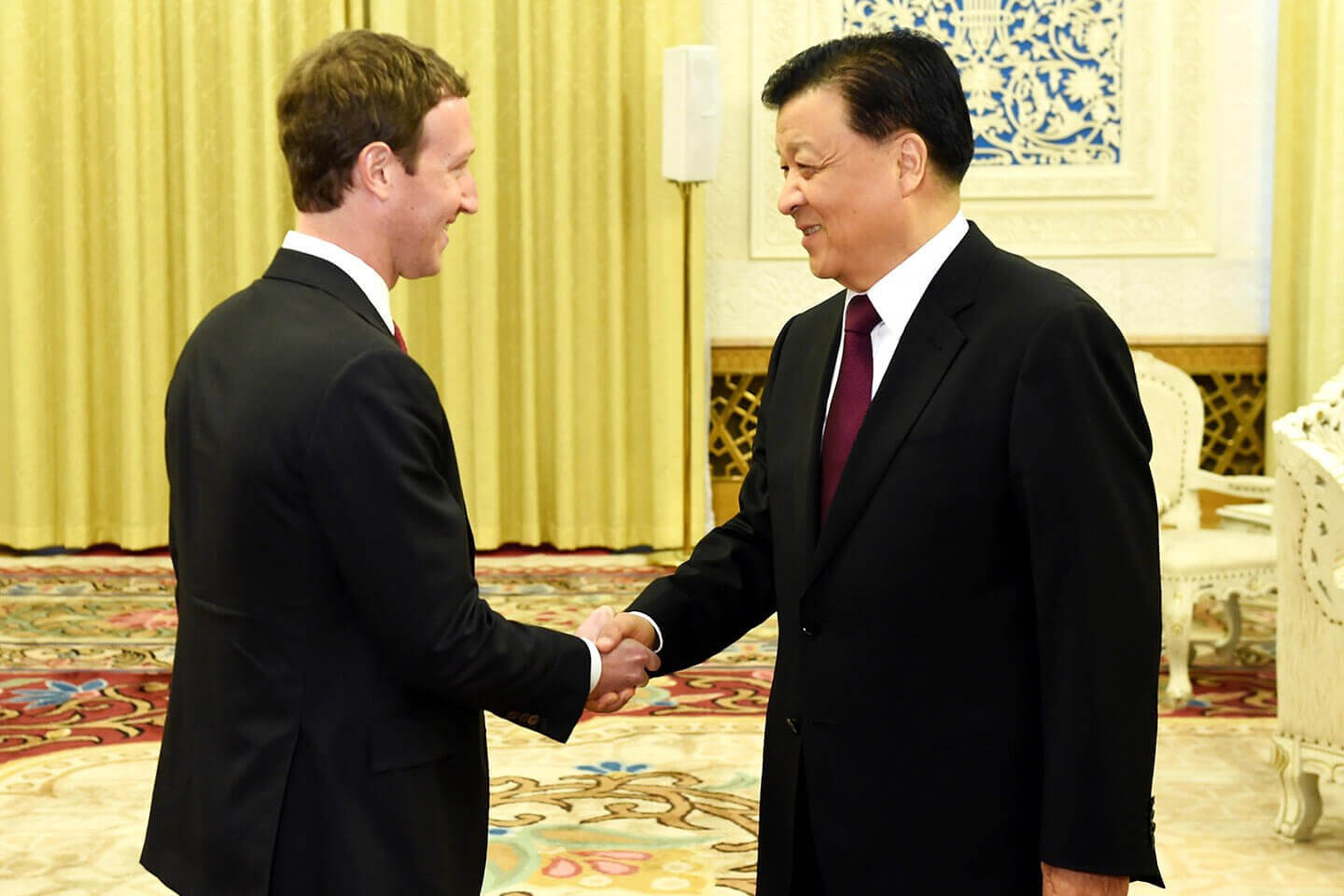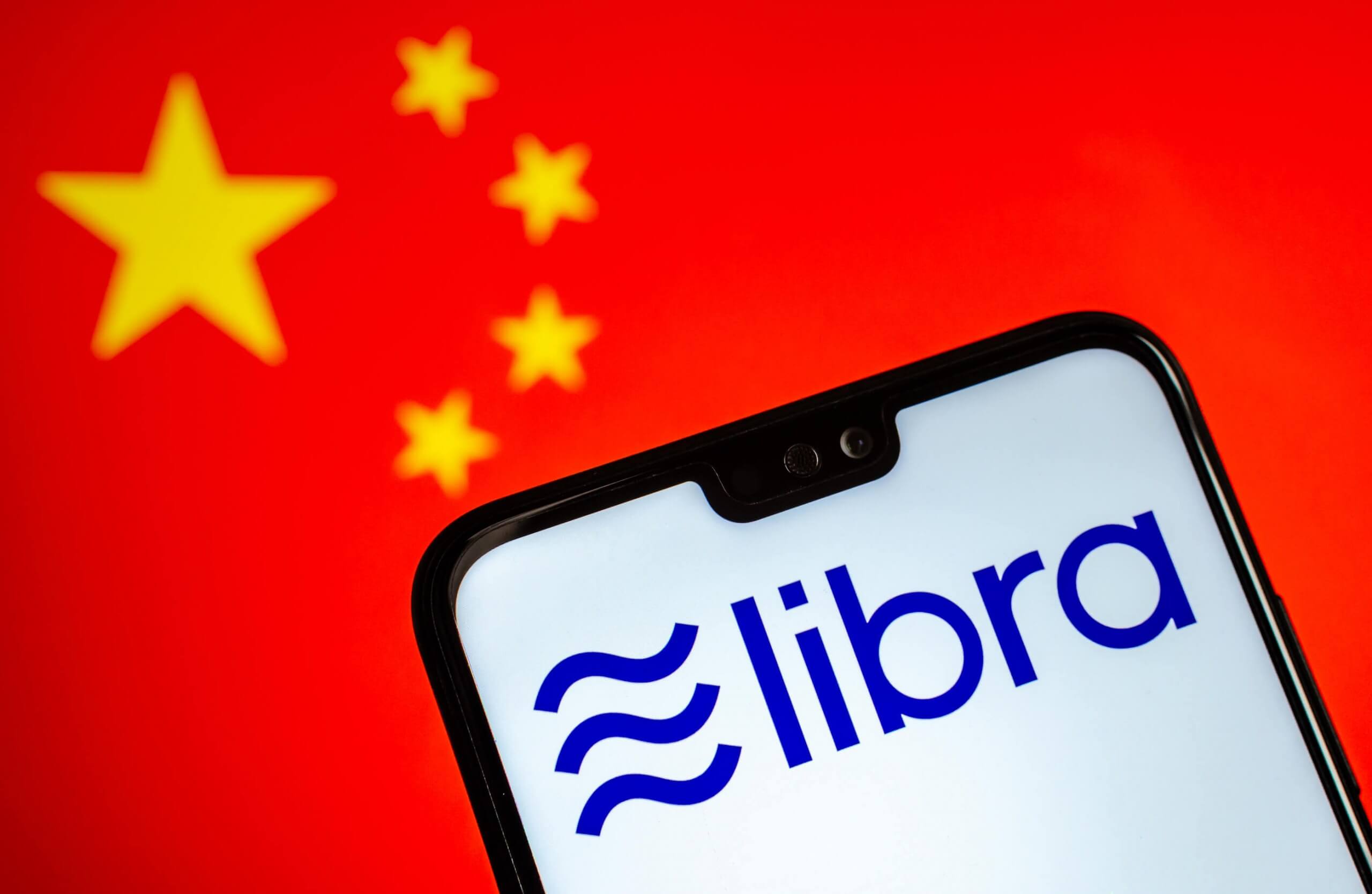In context: After years of data abuse of its users, Facebook is facing the music as regulatory committees threaten to crack down on nearly every aspect of the company. Threats to sanction it for privacy violations, break up the company's monopolistic hold on social media, and prevent it from operating a cryptocurrency, have all been met with the same scare tactic: "But China..."
Facebook's defense against being regulated or having certain parts of it shut down seems to rely on arguments that if it is not allowed to do what it wants, China will step in to fill the void and threaten our national security. CEO Mark Zuckerberg, VP of Communications Nick Clegg, and others have expressed this opinion on several occasions.
In testimony before Congress this week, Facebook's head of blockchain development David Marcus said that if Facebook were not allowed to offer its Libra cryptocurrency, someone else would come up with their own (insinuating China), thus threatening US national security.
"I believe that if America does not lead innovation in the digital currency and payments area, others will," Marcus read in a prepared statement before the House Financial Services Committee on Tuesday. "If we fail to act, we could soon see a digital currency controlled by others whose values are dramatically different. I believe if we stay put we're going to be in a situation in 10, 15 years where half the world is on a blockchain technology that is out of reach of our national-security apparatus."

His comments are in response to a recent bill introduced in the House of Representatives called the Keep Big Tech Out Of Finance Act, which we reported about on Monday. If adopted, the law would prevent firms that generate over $25 billion in annual revenue from establishing, maintaining, or operating a digital asset "that is intended to be widely used as medium of exchange, unit of account, store of value, or any other similar function."
Facebook is trying to contend that the creation of cryptocurrencies is inevitable and that it would be better if US entities were controlling it rather than foreign and potentially hostile actors. The stance is a reflection of something Zuck said in an interview last year regarding the potential breakup of Facebook.
"I think that the alternative, frankly, is going to be the Chinese companies," Zuckerberg told Recode. "[If regulators] clip the wings of these companies and make it so that it's harder for them to operate in different places, then there are plenty of other companies out [there] that are willing and able to take the place of the work that we're doing. [The Chinese] do not share the values that we have."
The Facebook boss added that China would be less inclined to do anything about election interference or terrorism.

Business Insider notes that communications chief Nick Clegg said essentially the same thing during a speech in Brussels back in January.
"We don't hear so much about China, which combines astonishing ingenuity with the ability to process data on a vast scale without the legal and regulatory constraints on privacy and data protection that we require on both sides of the Atlantic," Clegg said referring to the increasing restrictions and scrutiny the company is facing.
David Marcus' testimony is more of the "if we don't, then China will" scare tactics that the company has been employing for over the last year, despite multiple reports of Facebook being quite friendly with China.
Whether the bombastic rhetoric has any effect on lawmakers who want to see the company taken down a notch remains to be seen. Ultimately, China is going to do what China is going to do regardless of whether or not Facebook beats them to it.
Lead image credit: Ascannio via Shutterstock
